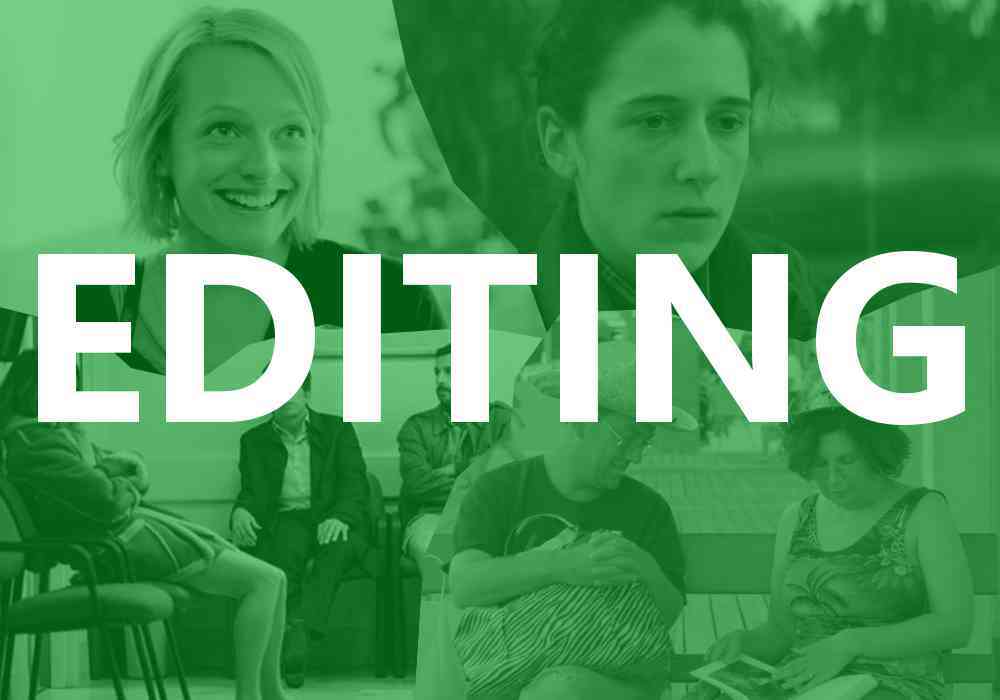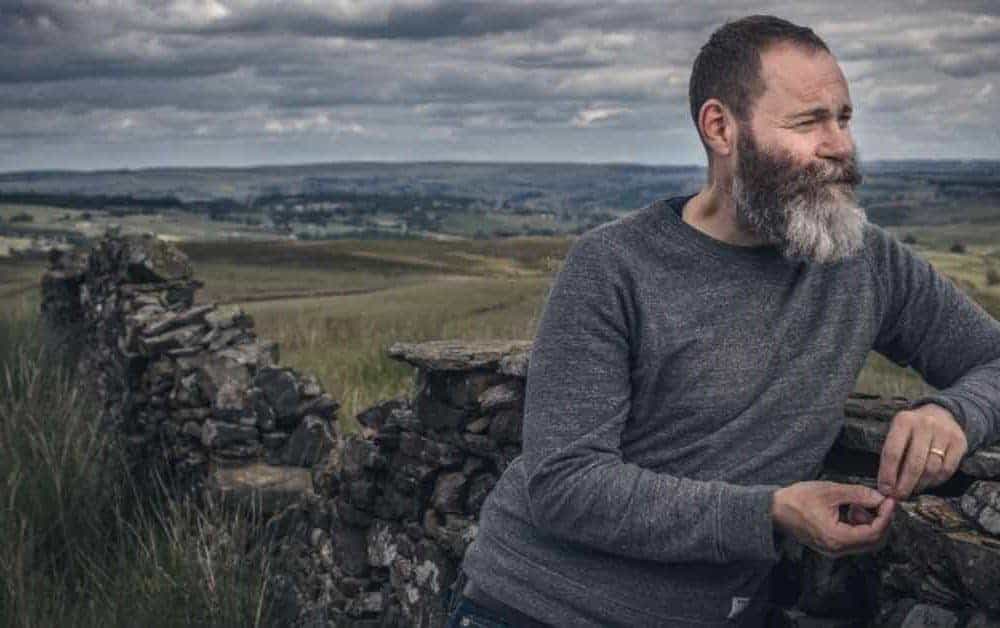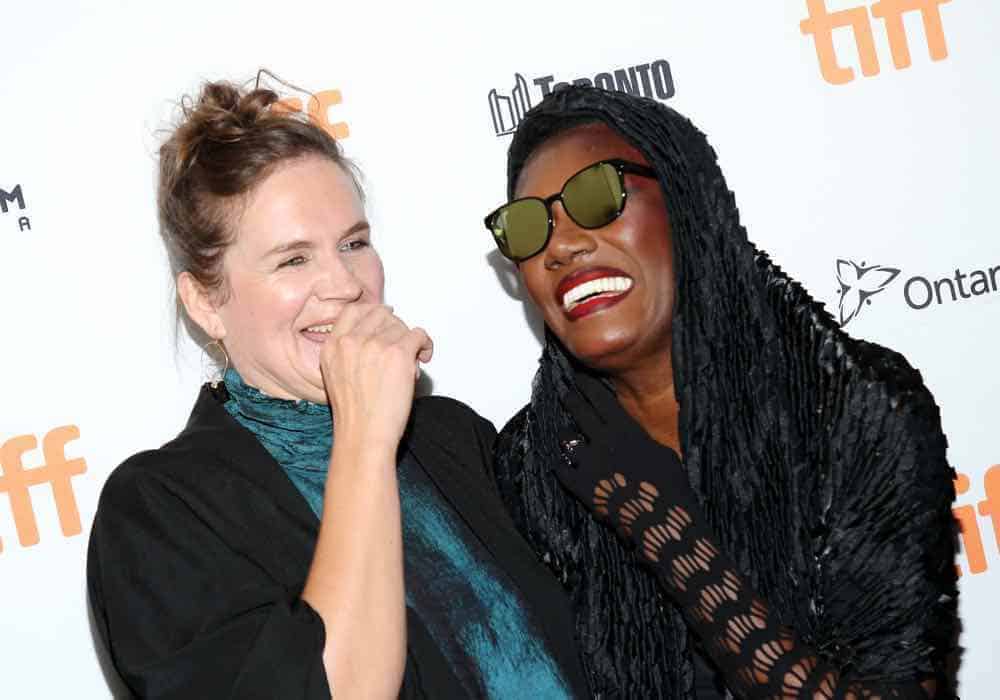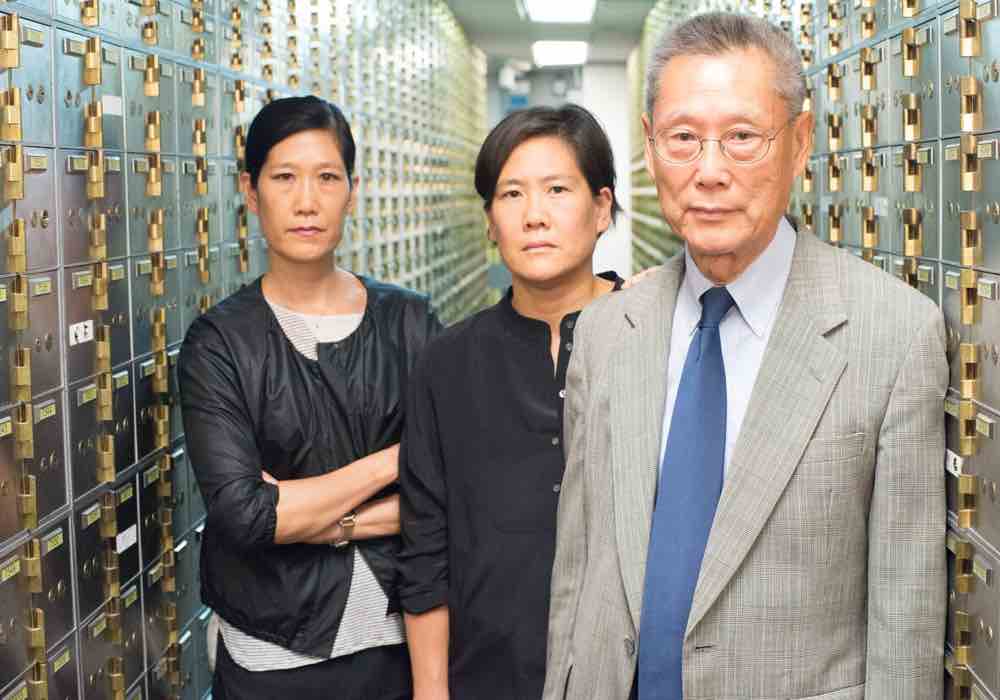Great editing is invisible, which means it often goes unnoticed. We pick the best editing of 2017, and explain why it is crucial to flow, tone, and rhythm. Read the rest of our best of the year content here.
Editing
‘You’re missing it!’: Tricks with time in Call Me by Your Name
In Call Me by Your Name, Luca Guadagnino uses framing and editing to expand and contract time so that we experience a summer slipping away.
Director Francis Lee on the craft behind God’s Own Country
We interview director Francis Lee talks about the technical aspects of making his first feature, from sound to camera movement to editing.
‘Cutting at right angles’: Frederick Wiseman on Ex Libris: New York Public Library
Frederick Wiseman on the making of his exquisite Ex Libris: New York Public Library, which is about the role of the library in society.
TIFF17 Interview: Sophie Fiennes on Grace Jones: Bloodlight and Bami and performativity
‘Being a bitch is not necessarily what you’re doing, but how you’re perceived.’ – Director Sophie Fiennes on making Grace Jones: Bloodlight and Bami
Steve James talks ABACUS: Small Enough to Jail
In this excerpt from the ebook In Their Own Words: Documentary Masters Vol. 1, Steve James discusses the making of his documentary ABACUS: Small Enough to Jail. To read the full interview, purchase a copy of the ebook here. Steve James’ new documentary, ABACUS: Small Enough to Jail is a wonderful little treasure. On one […]





